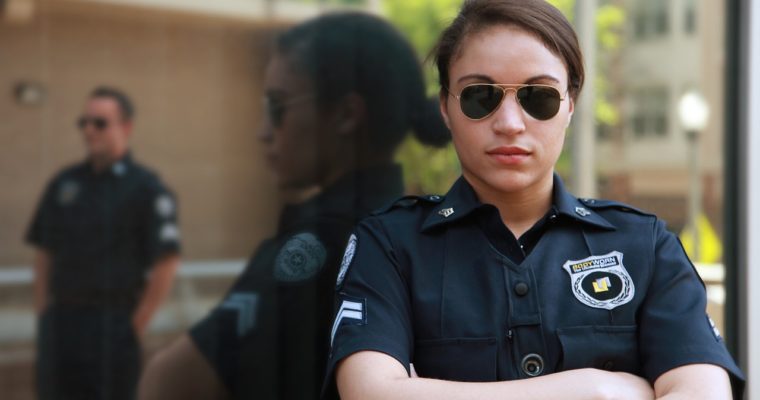Missionary Safety- Does it Matter?
Frontier missionaries are usually risk-takers. Courageous and bold, we go where others wouldn’t. We stay when others leave. Deep commitment to the task of reaching the lost motivates us to a life of sacrifice. What risks are unwise to take? Does missionary safety matter? If …

